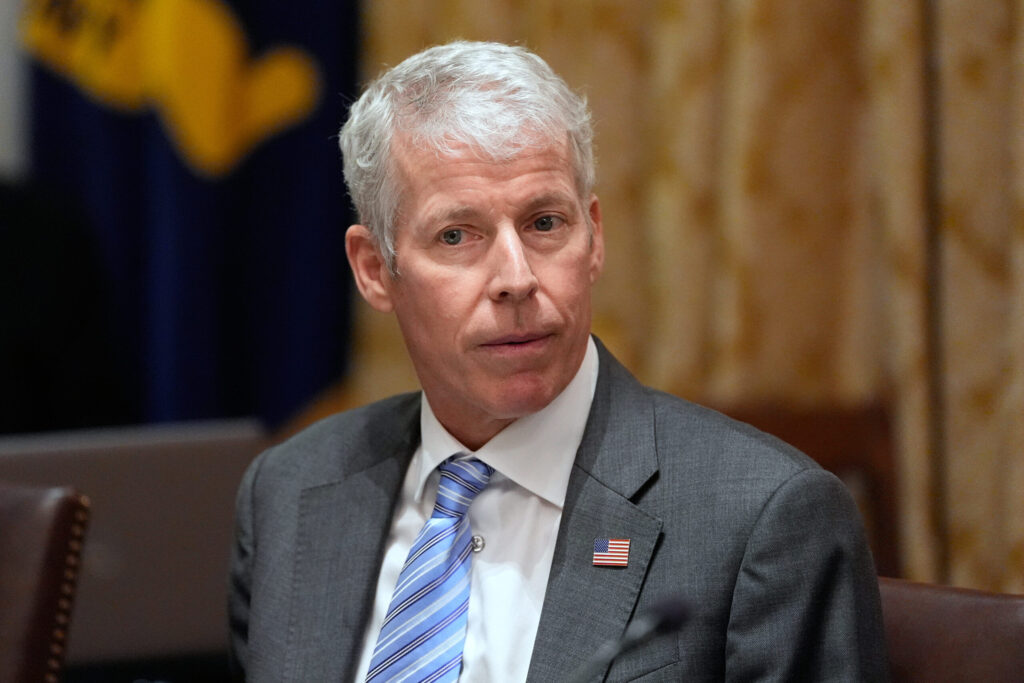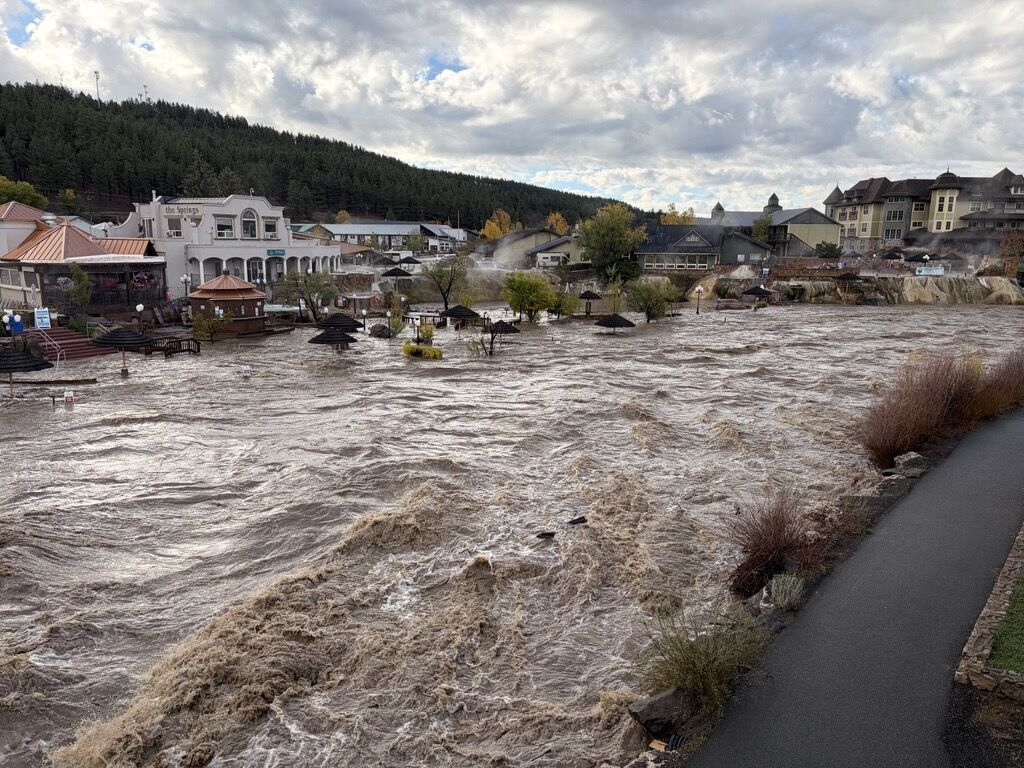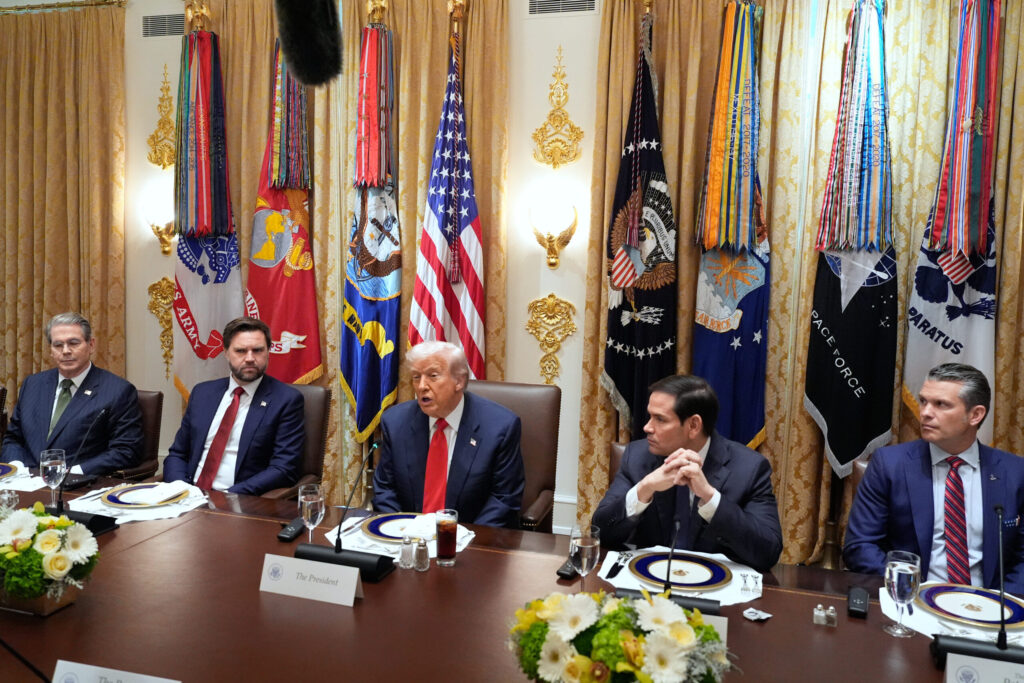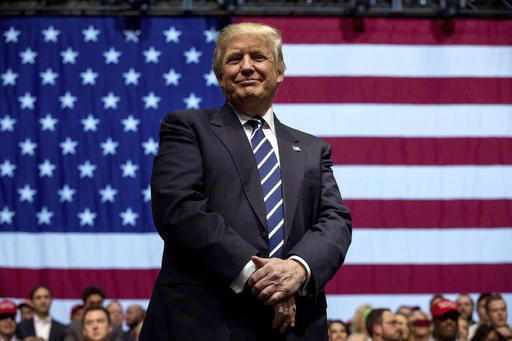WOTUS order could take years to resolve
A controversial federal rule designed to provide clarity for protection of America’s water resources, and now under a presidential order for change or elimination, could cause further confusion and take the rest of President Donald Trump’s term in office to be resolved, according to two Colorado State University researchers and news reports.
The order was strongly supported by Republican members of Colorado’s Congressional delegation who had opposed the rule since it was proposed by the Obama administration and scheduled to take effect in August 2015. One member attached an amendment to a bill that would require more local government involvement when similar rules are considered.
The EPA web site explained the agency and the U.S. Army Corps of Engineers developed the Clean Water Rule, also known as the Waters of the United States, or WOTUS, Rule to protect the nation’s streams and wetlands.
“Protection for many of the nation’s streams and wetlands has been confusing, complex, and time-consuming as the result of Supreme Court decisions in 2001 and 2006,” according to the site. “The Clean Water Rule ensures that waters protected under the Clean Water Act are more precisely defined, more predictably determined, and easier for businesses and industry to understand.”
However, after years of opposition and court-ordered delays over its implementation, Trump signed an executive order that directs the EPA to either rescind or revise the rule. Opponents said the rule could impact more than a million acres and thousands of stream miles in Colorado. More than 200 organizations and municipalities have publicly opposed the rule since it was promulgated by the EPA.
Trump’s EPA administrator, Scott Pruitt, sued the EPA over the Clean Water Rule as Oklahoma’s attorney general. In 2015, Colorado and several other Western states joined that lawsuit.
Order to cause more confusion?
Reagan Waskom, director of the CSU Water Institute, and David Cooper, a CSU research scientist, wrote in a blog that the order could lead to more confusion for farmers and ranchers.
“If the Trump administration withdraws or weakens the Clean Water Rule, it is likely to leave regulators interpreting case by case whether tributaries and adjacent waters are covered, as they have been doing since 2006, and land and water owners guessing about what they can do with their resources,” the CSU researchers wrote. “So in the end, repealing the rule won’t answer the underlying question: how far upstream federal protection extends.”
According to articles in the Washington Post and New York Times, it could take anywhere from a year to the rest of Trump’s term to rewrite the rule.
“It will likely trigger a fresh round of rulemaking, but could also lead to extensive litigation as the agencies seek to redefine federal restrictions on what accounts for 60 percent of the nation’s water bodies,” the Post article said.
“Onerous,” “federal overreach,” “power grab”
U.S. Sen. Cory Gardner, R-Yuma, released a statement that called the rule “A glaring example of the federal government’s overreach.”
“The WOTUS rule unfairly imposes burdensome red tape and unnecessary costs on Colorado’s farmers and ranchers at a time when the agriculture community is facing significant challenges and barriers to success,” Gardner added.
Congressional Western Caucus Executive Vice-Chairman and U.S. Rep. Scott Tipton, R-Cortez, said in a caucus statement that the rule was “one of the most onerous federal water and land grabs in history – it undermined state water law and priority-based systems, inserted federal control over western water rights, and put decisions about our water in the hands of Washington bureaucrats.”
In an opinion column, Tipton noted a report by the non-partisan Government Accountability Office found the EPA had used “covert propaganda” when rolling out the rule.
Rule supporters criticize order
Colorado’s Democratic Congressional members have been quiet about Trump’s order, but Rhea Suh, president of the Natural Resources Defense Council, issued a statement that said Trump was protecting big polluters.
“Gutting this rule would threaten the wetlands and streams that feed the drinking water sources for 1 in 3 people, or 117 million Americans,” he said. “It would put our rivers, lakes, marshes and bays at risk of pollution.”
Others opposed to Trump’s order included the Theodore Roosevelt Conservation Partnership and the American Sustainable Business Council. That group issued a statement that called the order “naive” and claimed it would hurt businesses and threaten jobs.
U.S. Rep. Ken Buck, R-Windsor, successfully added an amendment to the Office of Information and Regulatory Affairs Insight, Reform and Accountability Act that empowers state, local and tribal governments to take part in the regulatory process.
Buck noted in a news release the need for consultation and cooperation was particularly clear for both the EPA’s WOTUS rule and the BLM’s Planning 2.0 rule.
“State, local, and tribal officials often know best what our communities need, and this amendment simply requires that they have a say in federal regulations,” Buck stated in the release. “From interacting with state and local officials in Colorado, I know how much expertise and knowledge they can add to the writing of regulations.”











